Physicians use numerous tests to detect or diagnose cancer. Additionally, they perform tests to determine whether cancer has spread to another part of the body from where it began.
According to Dr. Soumen Das, a cancer doctor in Kolkata, a biopsy is the only sure way for a doctor to diagnose cancer. If a biopsy is not possible, the doctor may recommend additional tests to aid in diagnosis.
In this blog, Dr. Soumen Das explains the various methods for diagnosing stomach cancer. However, not all of the tests listed below will be administered to every individual.
When deciding on a diagnostic test, your doctor may consider the following factors:
- Suspected type of cancer
- Your symptoms and signs
- Your chronological age and general health
- The results of previous medical examinations
Here are the various tests to diagnose stomach cancer.
Biopsy
A biopsy is a procedure to remove a small piece of tissue to examine under a microscope, says the cancer doctor in Kolkata.
Other tests may indicate the presence of cancer, but only a biopsy can provide a definitive diagnosis. The sample taken is then analyzed to detect cancer by a pathologist.
Endoscopy
The endoscopy procedure enables a doctor to see inside a patient’s body using a flexible, thin, lighted tube called a gastroscope or endoscope.
The patient may be sedated while the tube is being inserted through the mouth, down the oesophagus, and into the stomach and small bowel.
During an endoscopy, the doctor may also conduct a biopsy procedure.
Endoscopic ultrasound
According to Dr. Soumen Das, a cancer surgeon in Kolkata, this test is similar to an endoscopy, except that the gastroscope is equipped with a small ultrasound probe.
Ultrasound imaging creates a picture of the internal organs using sound waves. An ultrasound image of the stomach wall enables doctors to determine the extent to which cancer has spread to nearby lymph nodes, tissue, and organs such as the liver or adrenal glands.
X-ray
An x-ray is a technique that uses a small amount of radiation to create a picture of the structures inside the body.
Barium swallow
A barium swallow is a procedure in which a patient swallows liquid containing barium and then undergoes a series of x-rays. Since barium coats the oesophagus, stomach, and intestines lining, tumours and other abnormalities are more visible on x-ray.
CT or CAT Scan
A CT scan uses x-rays taken from various angles to create images of the inside of the body. A computer combines these images to create a detailed, three-dimensional image highlighting any anomalies or tumors.
Occasionally, a special dye called a contrast medium is given before the scan to enhance the image’s detail. This dye is typically administered both orally and via injection into a patient’s vein, says the cancer doctor in Kolkata.
MRI
An MRI scan uses a magnetic field to create detailed images of a tumor and determine its size.
Prior to the scan, a special dye called a contrast medium is injected to create a clearer image. Typically, this dye is administered directly into a patient’s vein.
PET or PET-CT Scan
Typically, a PET scan is combined with a CT scan, referred to as a PET-CT scan. However, your physician may refer to this procedure simply as a PET scan. PET scanning is a technique for creating images of the organs and tissues inside the body.
The patient is injected with a trace amount of a radioactive sugar substance. This sugar is absorbed by the cells that consume the most energy.
As cancer cells use the most energy, it absorbs a greater amount of the radioactive substance. The substance is then detected by a scanner, generating images of the cancerous tumour.
Laparoscopy
According to Dr. Soumen Das, a surgical oncologist in Kolkata, laparoscopy is a minimally invasive surgery. The procedure involves the insertion of a flexible, thin, lighted tube called a laparoscope into the abdominal cavity.
It determines whether cancer has spread to the abdominal cavity or liver lining.
If you have any questions regarding stomach cancer, you can call at 9903313777 to consult Dr Soumen Das.


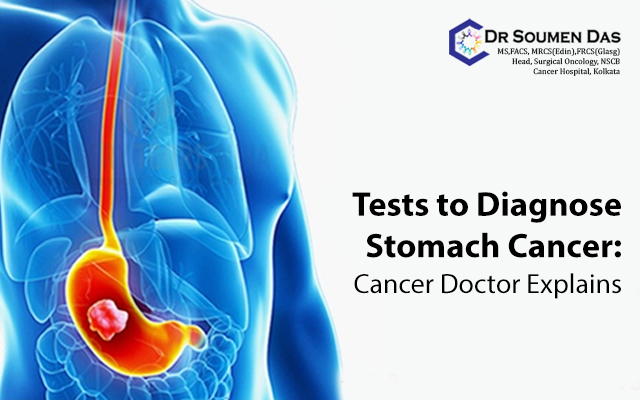
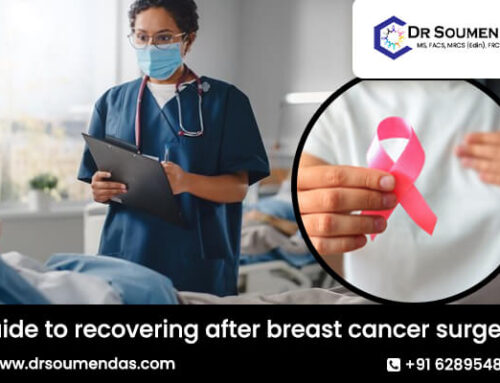
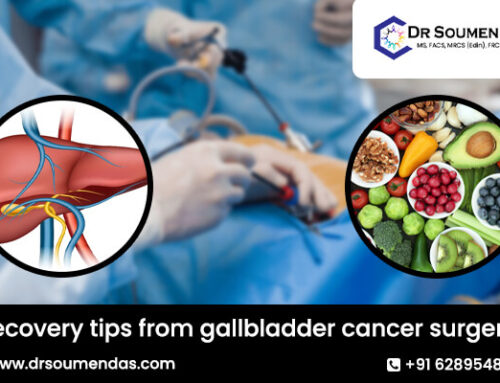
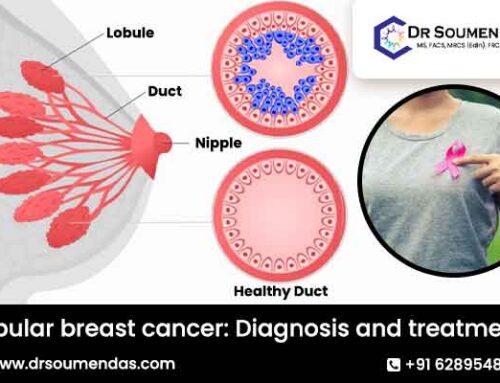
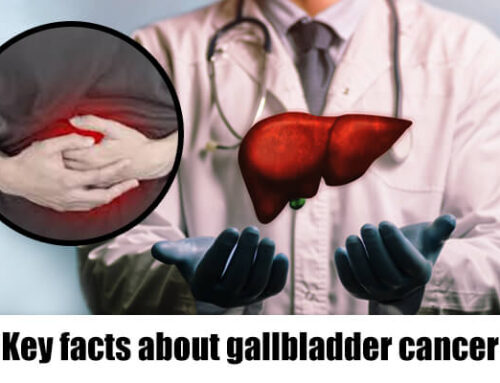
Leave A Comment